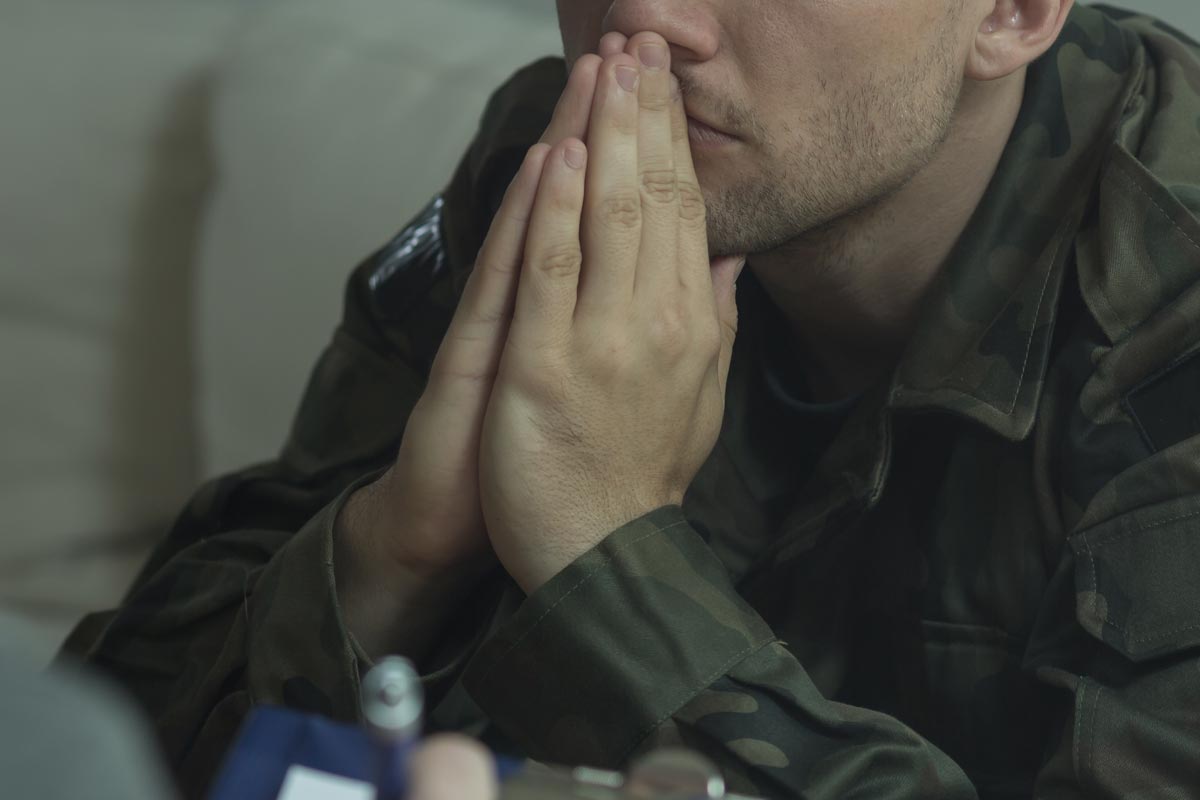disease that is trying kill you. On the other hand, those who work a program live by a code of honesty. No matter what, even when …
Addiction Recovery, Hope and Purpose
Accompanied by the calm that comes from not having to worry about your next fix or drink. As you surely know, figuring out how you …
Addiction Recovery: A Social Model
part of the formula which has been used to save lives for nearly a century. The keystone of the entire program is spirituality, …
Your Addiction Recovery On Memorial Day
lead to a full blown relapse that goes on for an extended period of time, such is often the case. Relapsing is easy, plugging …
Continue Reading about Your Addiction Recovery On Memorial Day










